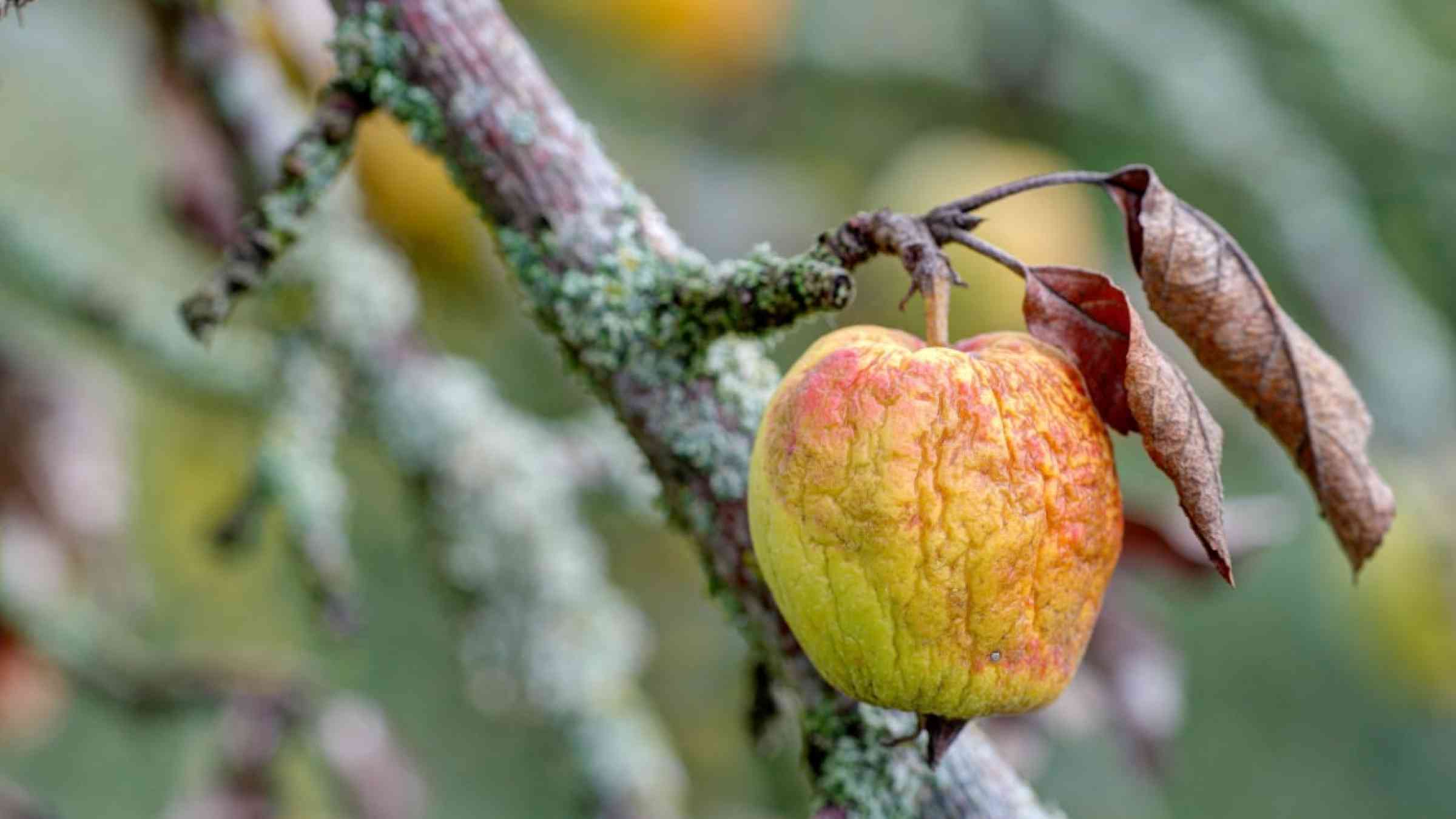Please help us improve PreventionWeb by taking this brief survey. Your input will allow us to better serve the needs of the DRR community.
Crop yields reduced by climate extremes, finds study

From 1980 to 2009, farmers faced an ever-increasing chance of having to deal with a growing season that was too hot and dry for their crops, according to a new study published in Scientific Reports from an international team led by researchers at Aalto University. Wheat growers saw the biggest change, with the chance of extreme heat and drought during the growing season increasing sixfold over the study period. The risk for maize, rice, and soybean doubled—a smaller increase, but nevertheless considerable.
The researchers also investigated the effect of these conditions on crop yields. Their model showed that heat and drought reduced wheat yields by about 4% overall, though some regions saw much greater reductions, notably parts of Russia and China, both major global producers globally. Likewise, maize yields were about 3% lower because of hot and dry weather, but the losses were more severe in areas of North America, Eastern Europe and China.
"As the threat of weather extremes hurting global food production grows, we need to find ways to help farmers adapt to adverse weather conditions, and we also have to reduce the emissions causing these changes in the climate," says postdoctoral researcher Matias Heino, who led the study.
Explore further
Please note: Content is displayed as last posted by a PreventionWeb community member or editor. The views expressed therein are not necessarily those of UNDRR, PreventionWeb, or its sponsors. See our terms of use
Is this page useful?
Yes No Report an issue on this pageThank you. If you have 2 minutes, we would benefit from additional feedback (link opens in a new window).